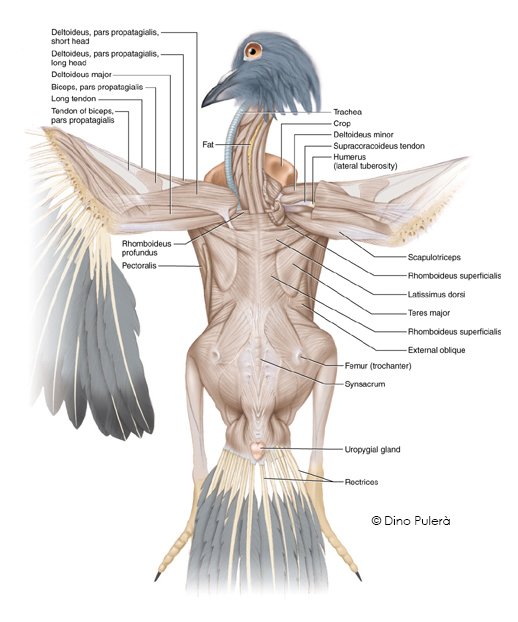On the other hand, perhaps birds in general are becoming more used to being around humans.





1. On a technical (but highly important) note, evolution is a consequence of selective pressure, rather than a reaction i.e. it was somehow a benefit to have a larger bowel so those birds proliferated and those without a larger bowel died out, thus removing their genes from the pool. A great example of this getting mixed up is people thinking giraffes evolved longer necks to reach food that's higher up. RE pigeons, I would guess that those that had larger bowels could eat more food in one sitting, which would maximise on efficiency and reduce time searching for food (meaning they are vulnerable to predation for a shorter time). Evolution takes place over longer time scales, certainly longer than the time in which modern humans have been interacting with pigeons. The exception is microevolution, e.g. antibiotic resistance in bacteria. Still not reactive, but can happen within a few generations in some instances, which could be a matter of hours (e.g. E. coli has a generation time of ~20 minutes). I'm not up on evolution stuff and I'm sure you knew what I said anyway, just a phrasing error4thgenphil wrote:Thats a question for @donaldSailor wrote:I washed 4 large lumps of pigeon doodoo off the car today.
The car had been parked next to our garage - a favourite take-off pad for the flying rats. My microfibre-in-hand musings came up with two questions:
1. Why has evolution led pigeons to develop more voluminous bowels than they used to have?
2. Is it necessary for them to jettison some surplus weight to take off?
Bastards!

